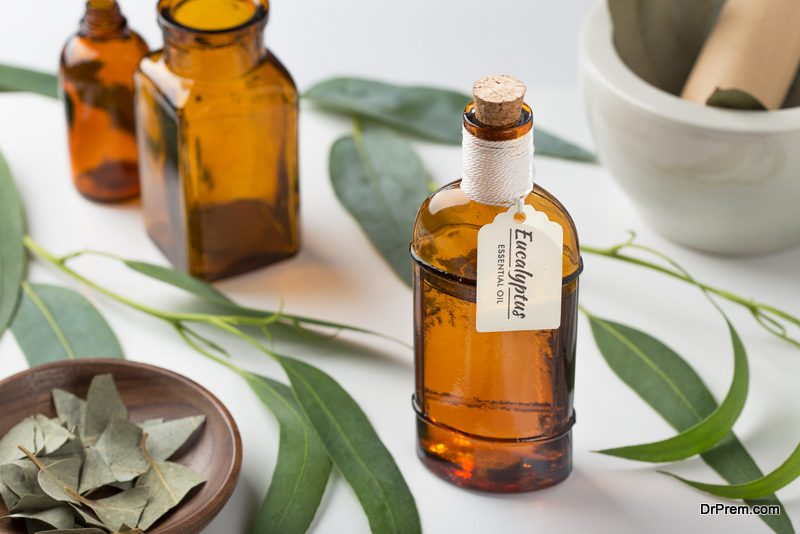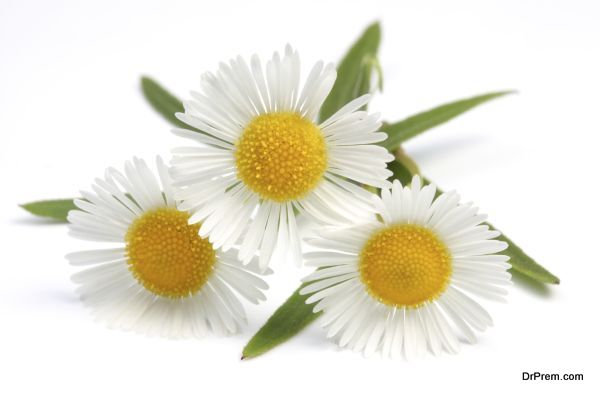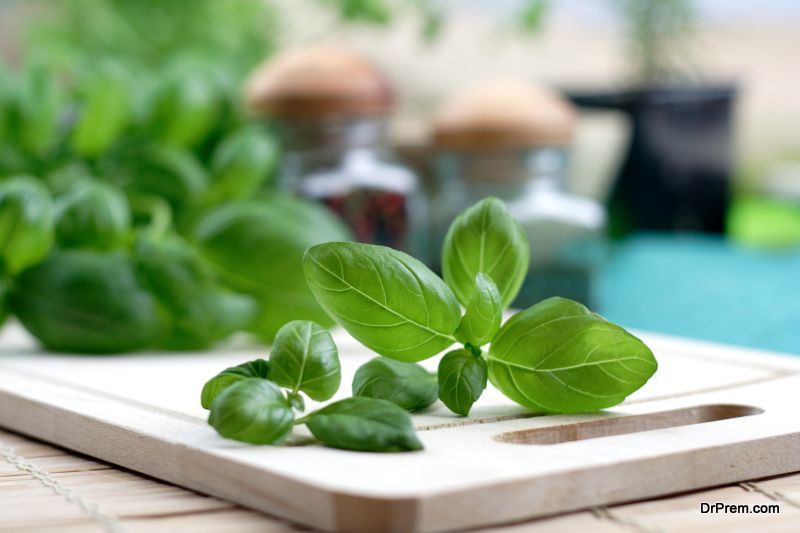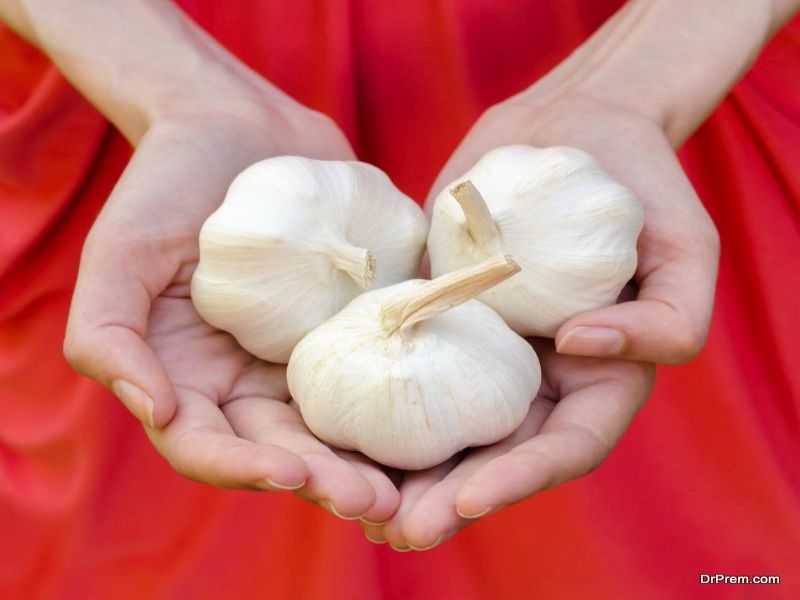Before modern medicine existed, people turned to nature for remedies to common ailments. Although technology and scientific discoveries have created amazing advancements in the medical field, some of these natural elements are still relevant today. Plants are one of nature’s greatest resources in terms of healing benefits. Some are used topically to treat skin-related conditions, while others can be ingested and used for other purposes. While it’s not recommended you head out into the woods and simply pluck a leaf from a tree and eat it, with a little understanding of how nature works, you can utilize the natural benefits plants have to offer. Read on to learn more about the 5 of Most Medically Beneficial Plants.
1. Eucalyptus
 Eucalyptus is an evergreen native to Australia where koala bears are known for ingesting this lush green by the handful. And they just might be onto something! This beneficial plant comes in all forms including topical creams and saves, as well as oils, including some forms of CBD. This reliable source provides more information on that. But you’re probably wondering what the exact benefits of eucalyptus are. It’s uses are wide-reaching and are often found in cosmetics, perfumes, and even used as flavorings in certain foods and recipes. But when it comes to your health, eucalyptus works wonders for treating congestion, coughs and colds, as well as arthritis and other joint and muscle pain. This amazing oil is even used to help promote healthy teeth! Eucalyptus is found in some mouthwash and may be used during other dental procedures. It’s also great for keeping insects away and treating mild scrapes and wounds.
Eucalyptus is an evergreen native to Australia where koala bears are known for ingesting this lush green by the handful. And they just might be onto something! This beneficial plant comes in all forms including topical creams and saves, as well as oils, including some forms of CBD. This reliable source provides more information on that. But you’re probably wondering what the exact benefits of eucalyptus are. It’s uses are wide-reaching and are often found in cosmetics, perfumes, and even used as flavorings in certain foods and recipes. But when it comes to your health, eucalyptus works wonders for treating congestion, coughs and colds, as well as arthritis and other joint and muscle pain. This amazing oil is even used to help promote healthy teeth! Eucalyptus is found in some mouthwash and may be used during other dental procedures. It’s also great for keeping insects away and treating mild scrapes and wounds.
2. Chamomile

A popular herb in tea, chamomile has calming and soothing effects on the body and mind, which is why it’s often used as a sleep aid. The best part is, chamomile can help those suffering from insomnia without any adverse side effects. But it’s healing properties don’t end there. This herb is also instrumental in maintaining a healthy digestive tract and is used for both therapeutic and preventive medicinal reasons. Chamomile may also have anti-inflammatory benefits making it ideal for arthritis sufferers. If you’re looking to enhance the look of your hair and skin, chamomile can help with this too. Here is a list of more common uses for this popular herb.
- Treats hemorrhoids
- Heals burns, canker sores, cuts, and wounds
- Reduces stress and anxiety
- Treats depression
- Soothes upset stomach
- Sleep aid
The most commonly used form of chamomile is tea. This makes it easy and soothing to enjoy anytime, anywhere.
3. Holy Basil

Holy moly! The benefits of this herb, also known as tulsi, have been praised and recognized for thousands of years, primarily by the Indians. That’s because holy basil offers both physical and mental health benefits and is often used to treat the entire person. Holy basil can help those individuals that aren’t even struggling with a mental or physical ailment by simply boosting cognitive brain function and improving memory. For those suffering from stress and anxiety, holy basil offers many calming and soothing effects known to combat these feelings. While tulsi can’t prevent cancer, it can help treat symptoms related to radiation in some cancer patients. Tulsi is also relatively easy to get and consume. The oil from the plant is extracted and distilled from both the flowers and the leaves. This oil can be ingested or added to recipes and drinks. If you want to drink tulsi tea, you can use whole leaves, flowers, or dried leaf powder to brew a fresh and relaxing cup, which is perfect if you’re suffering from a cough and cold. Here are a few other common ailments that holy basil can help relieve.
- Asthma
- Flu
- Fever
- Bronchitis
- Stress/Depression/Anxiety
- Memory loss
- Other mental and emotional disturbances
Although holy basil shouldn’t be used as a substitute for psychiatric treatment or medication, incorporating it into your daily routine can offer additional and more natural benefits.
4. Garlic
 Garlic isn’t used just for adding flavor to your favorite dish (although it does that too). Actually, garlic has many uses and contains numerous healing properties making it a “cure all herb”. Some people ingest garlic as a preventative method to promote overall health and wellbeing. Garlic is reported to help prevent some types of cancers, including stomach and colon. But cancer isn’t the only illness that garlic is used for. This beneficial herb can help cure, prevent, and lessen the effects of nearly 100 other conditions. Here are just a few:
Garlic isn’t used just for adding flavor to your favorite dish (although it does that too). Actually, garlic has many uses and contains numerous healing properties making it a “cure all herb”. Some people ingest garlic as a preventative method to promote overall health and wellbeing. Garlic is reported to help prevent some types of cancers, including stomach and colon. But cancer isn’t the only illness that garlic is used for. This beneficial herb can help cure, prevent, and lessen the effects of nearly 100 other conditions. Here are just a few:
- High cholesterol
- Diabetes
- High or low blood pressure
- Cardiovascular conditions
- Skin infections (including ringworm)
- Ulcers
Garlic supplements come in pill or capsule form, but simply adding garlic to your daily diet can work wonders also. If you’re ingesting this herb for specific reasons, check with your physician to determine the proper dosage.
5. Ginger

Ginger is another herb that is most commonly associated with cooking. And while this might be a staple item in your kitchen, it has a place in your medicine cabinet as well. Ginger has a unique flavor and is used for countless recipes including ginger bread, cookies, tea, and the popular beverage, ginger ale. If you’ve ever had an upset stomach and been told to drink ginger ale, there’s good reason. This herb is known to offer relief for nausea and also promote healthy digestion. In the Chinese and Indian culture, ginger is also used for its antibacterial benefits and ability to boost the human immune system. Here are several ways that ginger promotes a healthy lifestyle:
- Treats nausea and vomiting
- Maintains healthy blood pressure
- Improves digestion
- Relieves menstrual cramps
- Improves circulation
- Helps prevent and cure the flu and common cold
- Reduces the risk of cancer (breast, ovarian, colon)
The best thing about ginger is that if you like the taste, you can easily incorporate it into your favorite dishes and drinks.
A concluding note on the 5 of Most Medically Beneficial Plants
Sometimes, it’s best to look beyond the medicine cabinet to treat what’s ailing you. Most plants used for medicinal purposes are easy to ingest and taste delightful! Try adding garlic or ginger to your next meal or invest in chamomile or tulis tea. You’ll be healing your mind and body while also introducing more natural elements into your life.
Article Submitted By Community Writer




